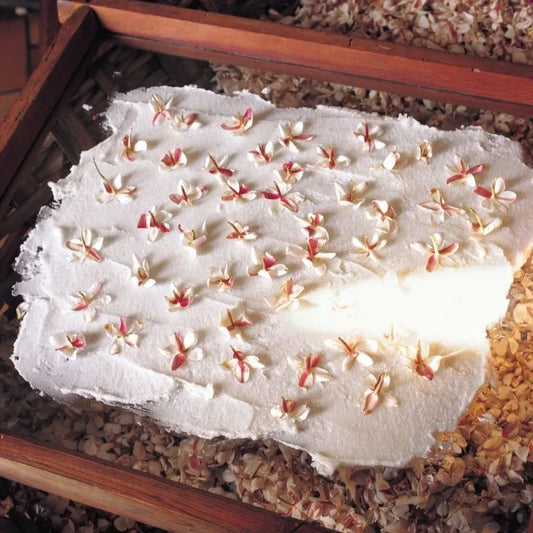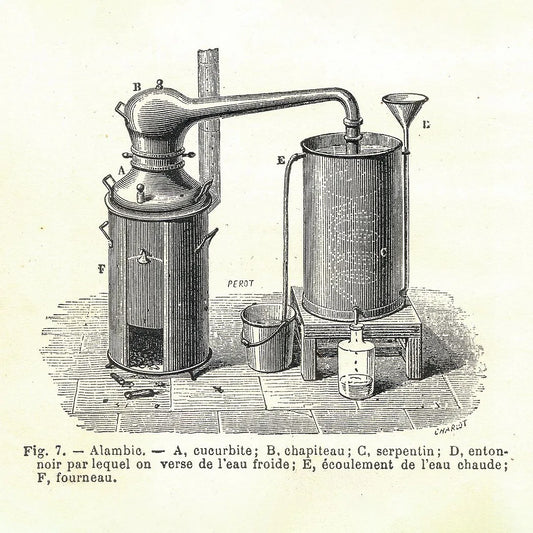The effectiveness of any essential oil depends on which oil is in use, the way it is being used, the purpose the user expects it to serve, and the method of its application. The answer to this question presupposes that the essential oil will accomplish whatever task to which it has been set; in many cases, it may not “work” at all.
Oils used in a diffuser to fill a room with scent, promote relaxation, or lift a mood may do so in minutes, as this is one of the simplest missions they fulfill. While there is not a lot of scientific research on aromatherapy, studies have shown that fragrances stimulate receptors found in the nose, which in turn send signals through the nervous system that reach the limbic system. The limbic system triggers emotions, so it creates a positive response to the pleasant scent. This response can happen in seconds. If you are waiting for a diffused essential oil to help you sleep, it will probably take longer, but studies suggest that scents can help relax the mind and body and encourage sleep in 15 or 20 minutes. (If your diffusion does not seem to be effective, consider trying a different oil or a combination of oils.)
For topical applications, the effects of essential oils combined with a carrier oil, lotion, cream, salve, or other products depend on the regularity with which they are applied. Just as a facial moisturizer takes days or weeks to correct dry, oily, or combination skin, a moisturizer that contains essential oil will take just as long to work. Users may experience some immediately soothing heat, coolness, or softening generated by the oil, depending on which essential oil(s) have been added to the lotion, but a more complete effect usually will take longer, and the carrier substance will have the greater effect on the skin. The exception is tea tree oil, the only essential oil proven by science to be as effective on teenage acne as some over-the-counter treatments; it can clear an outbreak of pimples in a few days when applied directly to the affected skin.
Essential oils used in household products like all-purpose cleaners, detergents, and soaps provide a clean, fresh scent on contact, usually from the citrus, floral, or evergreen families. As these products begin cleaning immediately, you can expect quick results—especially if you are using lemon essential oil, which has long been recognized as a cleaning agent.
If you are using one or more essential oils to remedy a medical issue, it can be difficult to predict when the oils will work or even if they will work at all. (See questions 13 through 22 for scientific research findings about essential oils and illnesses.)
Some oils have a fairly rapid effect when used to treat symptoms of an illness or injury, such as sinus congestion caused by the common cold. Inhaling steam containing a few drops of eucalyptus essential oil can help open up the upper respiratory tract, for example, providing temporary relief. Lavender essential oil placed on the temples or used in a diffuser has been found to be an effective treatment for some headaches, particularly those caused by tension, and may provide relief in half an hour or so. Tea tree essential oil quiets the pain of a sunburn on contact, especially when mixed with an aloe vera gel. These are well-known remedies for ailments that, while uncomfortable, are not life threatening, and users often welcome the opportunity to use a nonpharmaceutical option to achieve some relief from symptoms.
There is no research that reached the conclusion that essential oils are effective against any potentially fatal disease or illness, however, so it is currently impossible to say that any essential oil will work on a cancerous tumor or that it will prevent or correct heart disease, stroke, cancer, lung disease, kidney disease, liver disease, or any other such condition. It may be that using essential oils as a complementary treatment may assist with symptoms like pain, anxiety, and even nausea, but only a medical professional can determine if such a usage would be appropriate in your or your loved one’s specific situation. Some oils even exacerbate life-threatening conditions like liver disease or estrogen-dependent cancers, so they are contraindicated in those cases.
For any situation in which you choose to use essential oils as a complement or alternative to pharmaceuticals, set a time limit. If you do not see the results you seek in 24 hours, go back to follow your doctor’s instructions. Without scientific research that proves that the oil you’ve employed will treat or cure your condition, there is no way to know how long it will take for the oil to “work” or even if it will have any effect. Do not endanger your own life or the life of another by pursuing healing in a blind alley.





